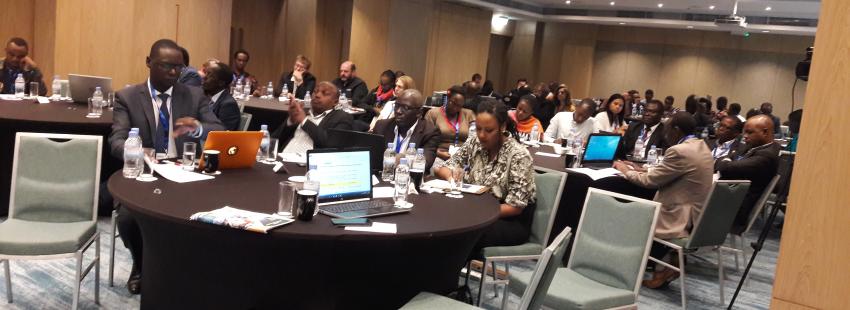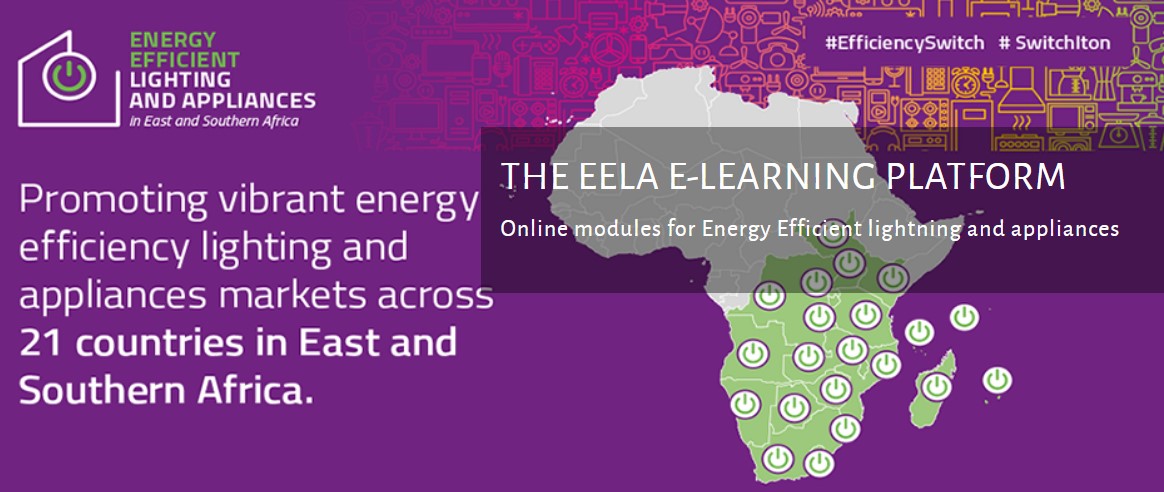EAC Public-Private Sector Dialogue advocates for Regional Renewable Energy Policy and Legislations
Over 80 participants at the EAC Public-Private Sector Dialogue on Renewable Energy Policy called upon the East African Community (EAC) and its Partner States to put in place a Coherent Regional Renewable Energy Policy to address the various barriers that hinders deployment of renewable energy technologies in the region. The two-day dialogue, which was held at Marriott Hotel Kigali 22-23 May 2019, attracted public and private sector representatives from Burundi, Kenya, Rwanda, Tanzania and Uganda as well as participants from Germany, South Africa and United Kingdom.
The objective of the dialogue was to consider the current renewable energy policy and regulatory frameworks in the EAC region, identify the potential need for regional policy and legislations and initiate discussions on designing and evaluating feasible pathways of a harmonized EAC policy framework on renewable energy and energy efficiency policies and legislations. The representatives from the energy ministries of Burundi, Kenya, Rwanda and Tanzania highlighted their current national energy investment policies, incentives and regulatory framework to promote access to clean energy and investment in renewable energy.
Other topics that were discussed at the Dialogue were Standardization of Renewable Energy Equipment on EAC Market, Facilitation Private Sector Participate in Renewable Energy Investment, On-Grid and Off-Grid Market Challenges in the EAC Region, Gender-responsive Energy Policies, and Tax Reforms Needed to Accelerate Renewable Energy Technologies Deployment in the EAC Region.
At the end of the two days, the participants came up with a number of recommendations, which include:
-
EAC put in place a coherent gender-responsive renewable energy policy to replace the Regional Strategy for Scaling Up Access to Modern Energy Services, which expired in the year 2015.
-
EAC member states to increase emphasize on efficient energy uses for heating and cooking
-
EAC member states to develop and realize the strategies on the increase and management of the energy demand side.
-
EAC Partner States to harmonize standards on energy generation equipment appliances and implement conformity verification as well as making the “truth of advertisement” mandatory. Most advertisers make high claims about their products that are not true.
-
The regional and national renewable policies and legislations should provide tax incentives to can stimulate investments in renewable energy policy. In this case, the participants called upon a harmonized interpretation of the EAC Customs Management Act (CMA). It was noted that certain items may be exempted under CMA in one EAC Partner State but subject to taxation in another.
The participants further recommended this should not be the first and last dialogue. Further sessions should be held on regular interval to monitor the progress.
EACREEE is currently working with partners to develop a project to formulate regional renewable energy policy. This dialogue was an important step in engaging the private sector stakeholders in the regional energy policy development.
The workshop was organized by the East African Centre of Excellence for Renewable Energy and Efficiency (EACREEE) in collaboration with the Energy Private Developers (Rwanda) with support from Belgian Development Agency (Enabel) through Rwanda Development Bank (BRD), Sequa/bfz and the United Nations Industrial Development Organization (UNIDO).







